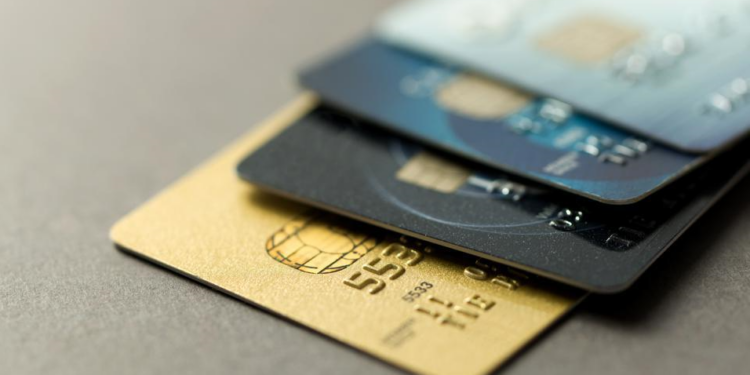Learn how to use them:
- Get one, max two cards (not 6)
- Make sure credit card is reward or points cards, and tie rewards to your lifestyle. If you like to travel, get a travel points card. You spend, you get points which add up to buy a ticket
- Use cards frequently, stop paying cash or debit cards. Use a credit card, then immediately pay off the card; carry no balance. Pay down the card in full.
- If you must carry a balance, then no more than 30%. So if the card has a limit of $1,000 do not carry over to next month a balance higher than $300. Irrespective of the APR (interest rate) you are quoted, if you pay down your card every month, you pay no interest on the card
- Never miss a payment. Set up auto-pay to pay the minimum on the card which is about 2.5% of the balance on the card. Being late kills your credit score and you pay late fees.
- When travelling, use credit not debit cards. if a debit card is compromised, the bank will shut down the debit card. However, credit card companies can dispute transactions and not shut the card down.
- In the West, the most important number is your FICO* score aka credit score. Your minimum goal should be a 700 number. Higher your FICO, lower your APR I.e. interest rate you pay to lender.
- Don’t close your older card. keep zero balance, but every month but coffee or gas, keep it warm
- Stop applying for new loans. The more a lender pulls your credit, the credit company will “ding” your score and it fall marginally. e.g. you go to the store, they tell you if you apply for a store card you get a discount on a purchase, politely decline, unless that’s your first card.
- Avoid if possible card Annual Fees
- If you suspect fraud, report immediately, many vendors set a time limit for claims, usually 60 days
- Ultimate hack? If your teenager is 18, add him to your credit card, DO NOT GIVE TEENAGER THE CARD, your teenager will start building his credit piggybacking off you.
- Credit Reports are free once a year in the US. There are 4 credit card companies in the US, get your free report quarterly and review it. Not your credit card statement but the credit statement that contains your inquiries and payment history on all credit and loans you have
Hope this helps
Do follow me for more personal financial tips on @FinPlanKaluAja1















